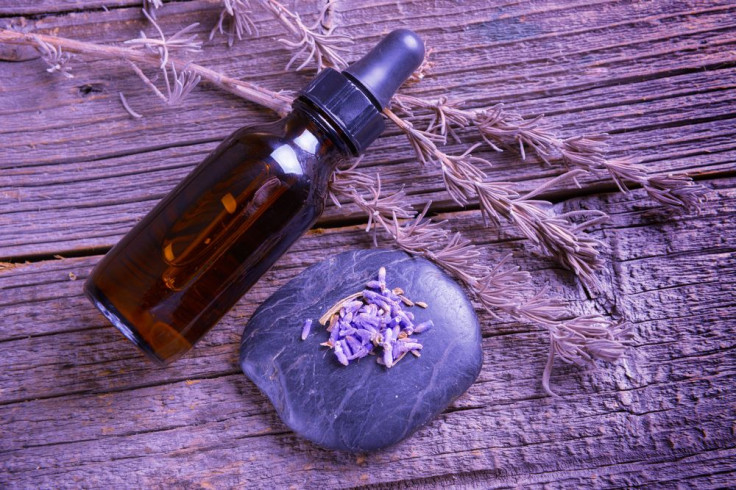Sweet Smell Of Success: Lavender Essential Oil Scent Helps Build Circle Of Trust

As the old adage goes, “trust is hard to gain and easy to lose.” Although at first it may seem difficult to appear trustworthy, science suggests the secret may lie in the way you smell. According to a recent study published in the journal Frontiers, the aroma of lavender not only has a calming effect, it can also have a positive effect on how trustworthy a person seems.
Trust is often regarded as the social glue of society. Therefore, it is essential to know the factors that influence interpersonal trust; it's sensitive and changes according to the situation, not only depending on a person's relationship but also his environment.
A 1997 study published in The Journal of Social Psychology found a pleasant scent encourages prosocial behavior in people asked for help. Prosocial behavior, such as picking up a dropped pen or providing change for money, was significantly greater in the presence of pleasant fragrances than in their absence. It is believed the ambient smell induced a positive mood in the helpers.
To investigate themselves whether smell influenced behavior, Drs. Lorenza Colzato and Roberta Sellaro, study authors from Leiden University in the Netherlands, enlisted 90 young adult volunteers to play a trust game in two rooms with a few drops of essential oils diffused by candle. The volunteers would either smell lavender, which is considered soothing, and peppermint, which is associated with alertness and energy. The third room was non-scented.
The researchers also wanted to measure levels of trust to accurately assess the effect of the essential oils. In the game, one person, the “trustor,” got money, and he could keep it or give any amount of it to the other person. When he did, the profits tripled, and the person who just got a cash infusion, the “trustee,” got to decide whether she wanted to share it with the original trustor.
The findings revealed people significantly gave more money to the other person when they were exposed to the scent of lavender than those exposed to peppermint or no aroma. The researchers believe this effect is most likely due to the calming effect of lavender. The calming scent of lavender may temporarily induce a more inclusive cognitive-control state that influences how much people trust others.
“This hypothesis is supported by the fact that, from an anatomical point of view, the olfactory nerve is connected to the medial prefrontal cortex a brain region that 'controls’ the way we trust others,” Colzato told the Daily Mail.
While there appears to be a positive correlation between lavender and trust, the study did have limitations. The researchers did not assess the participants’ olfactory sensitivity, which would have allowed them to exclude anosmic participants and control for the potential differences in participants’ smell. Lastly, the researchers did not address whether the participants were aware of the aroma, whether they could identify the smell they were exposed to and whether they found the scent to be calming.
Despite its limitations, the findings can offer insight in situations where interpersonal trust is essential. Putting on a spritz of lavender or infusing your home with essential oils will not only have a calming effect but help you appear more trustworthy.
Sources: Colzato LS, Hommel B, Paccani CR. A question of scent: lavender aroma promotes interpersonal trust. Front. Psychol. 2015.
Gueguen N. The sweet smell of ... implicit helping: effects of pleasant ambient fragrance on spontaneous help in shopping malls. J Soc Psychol. 2012.



























